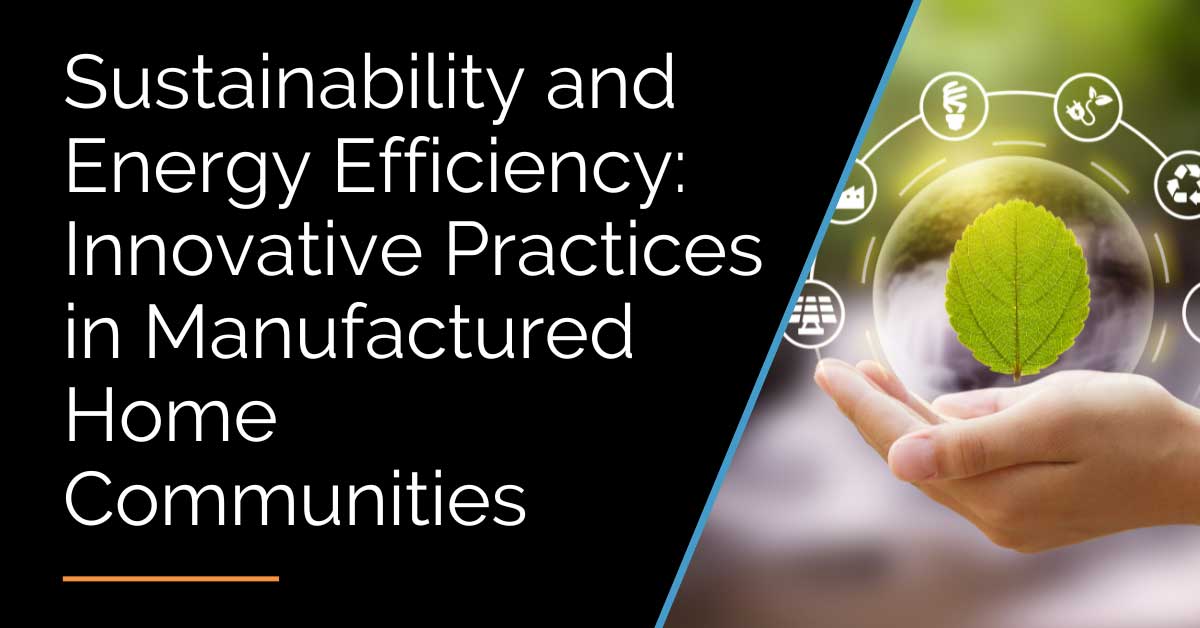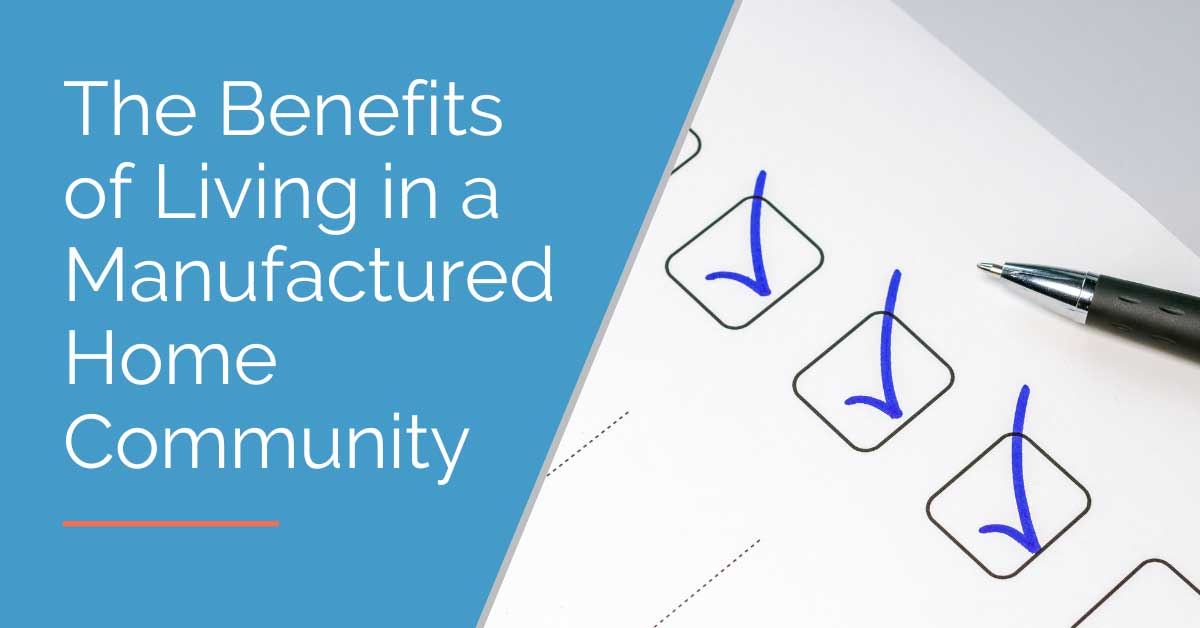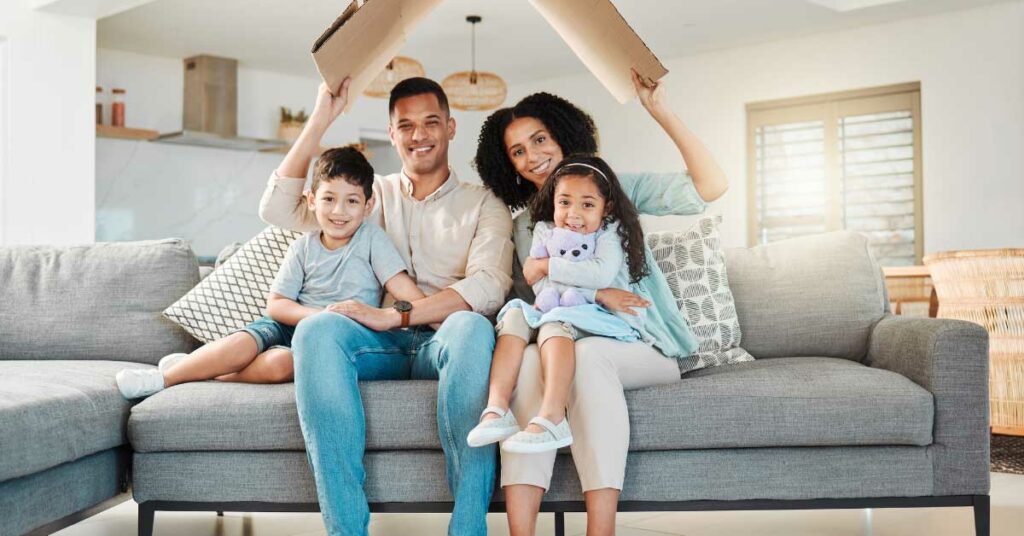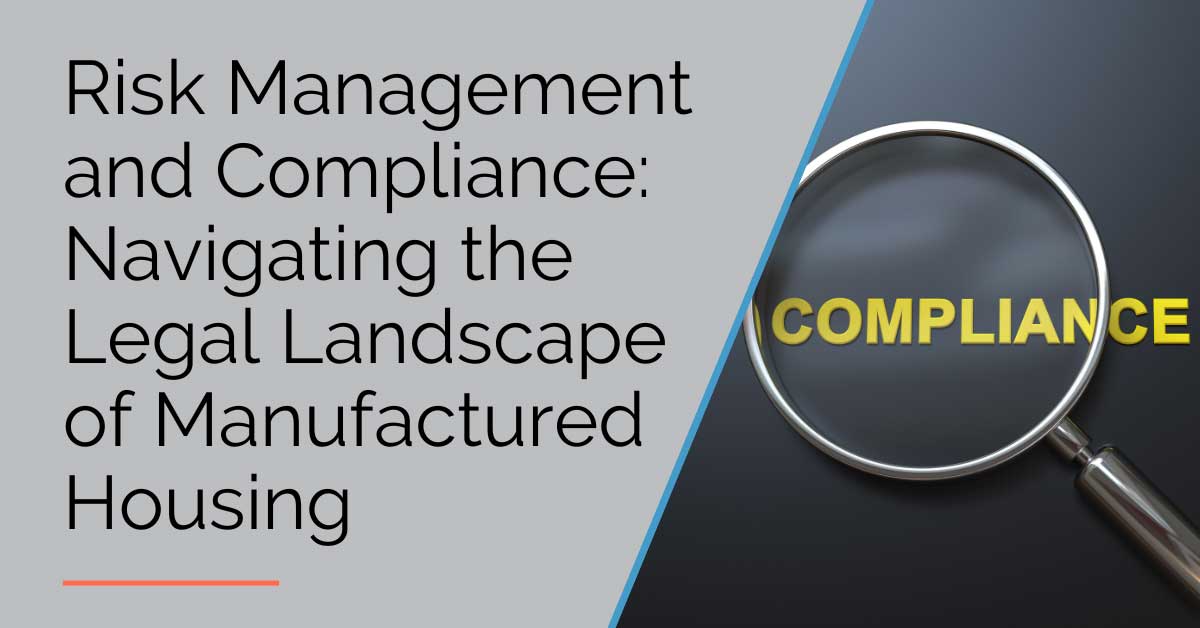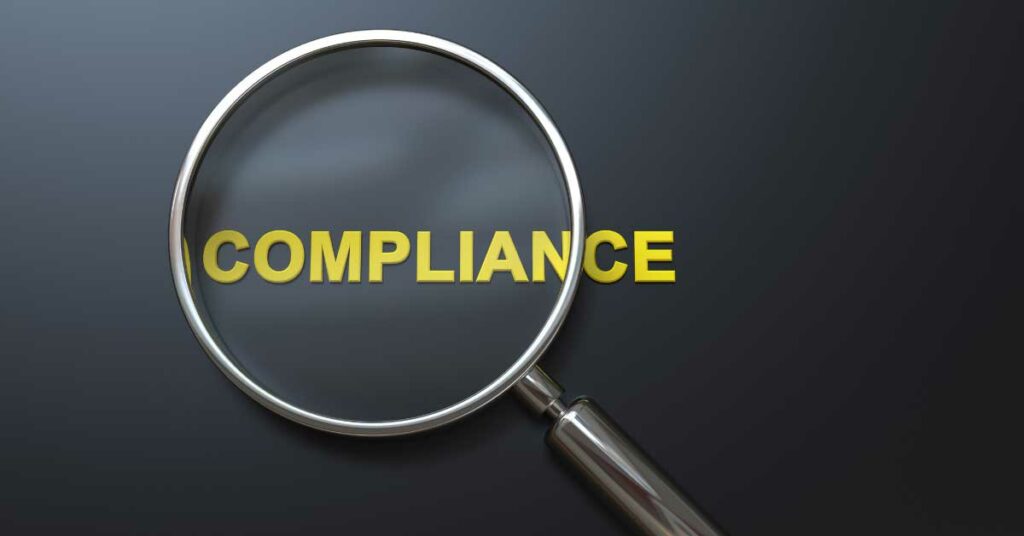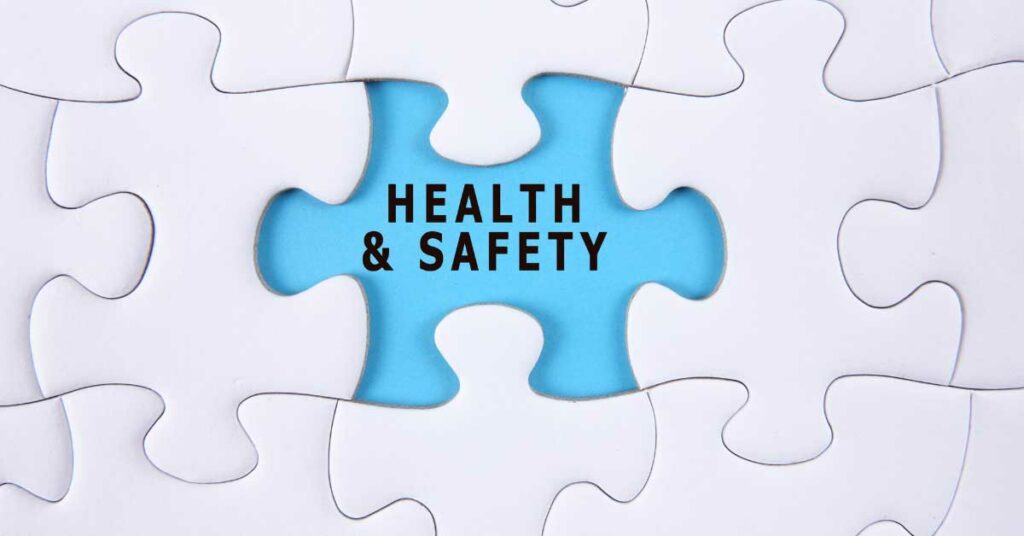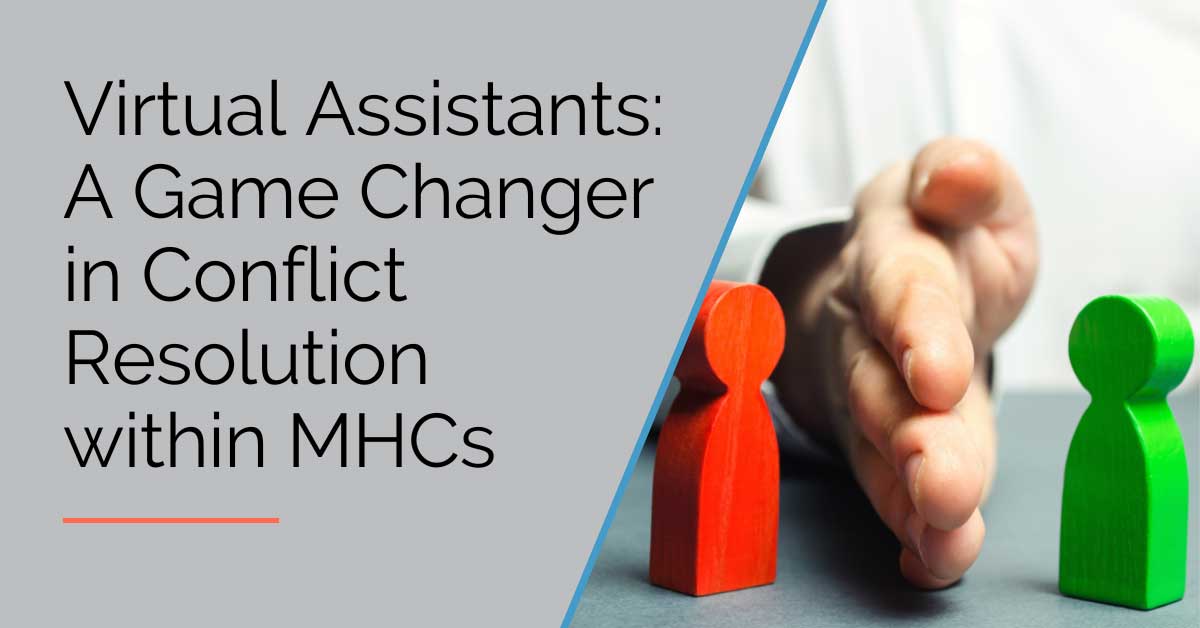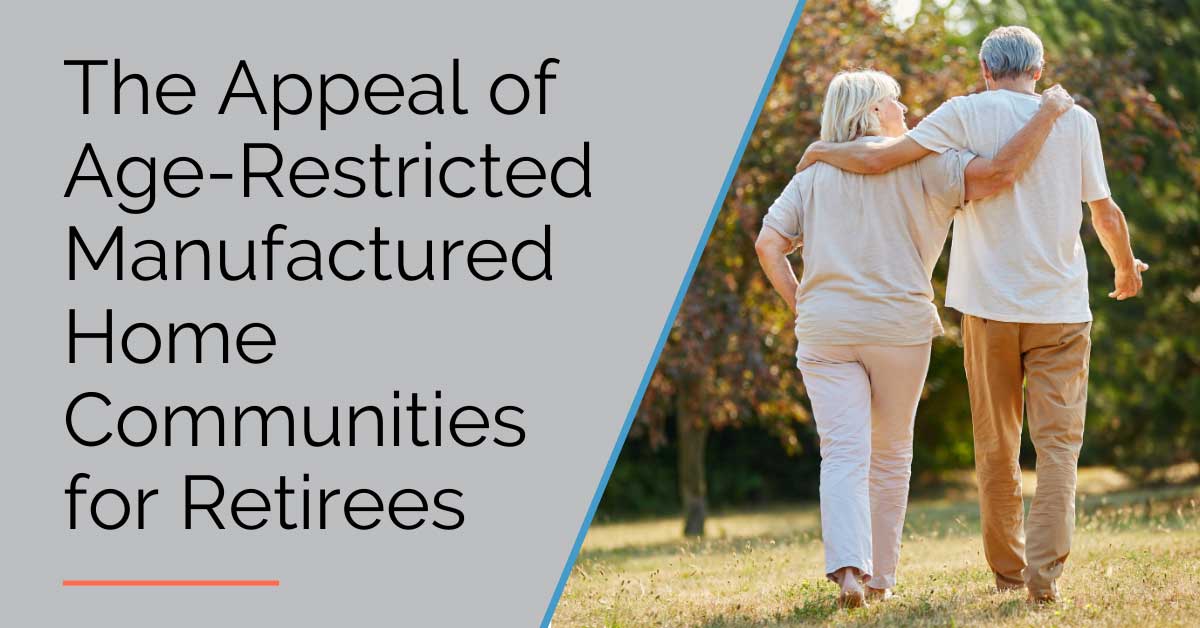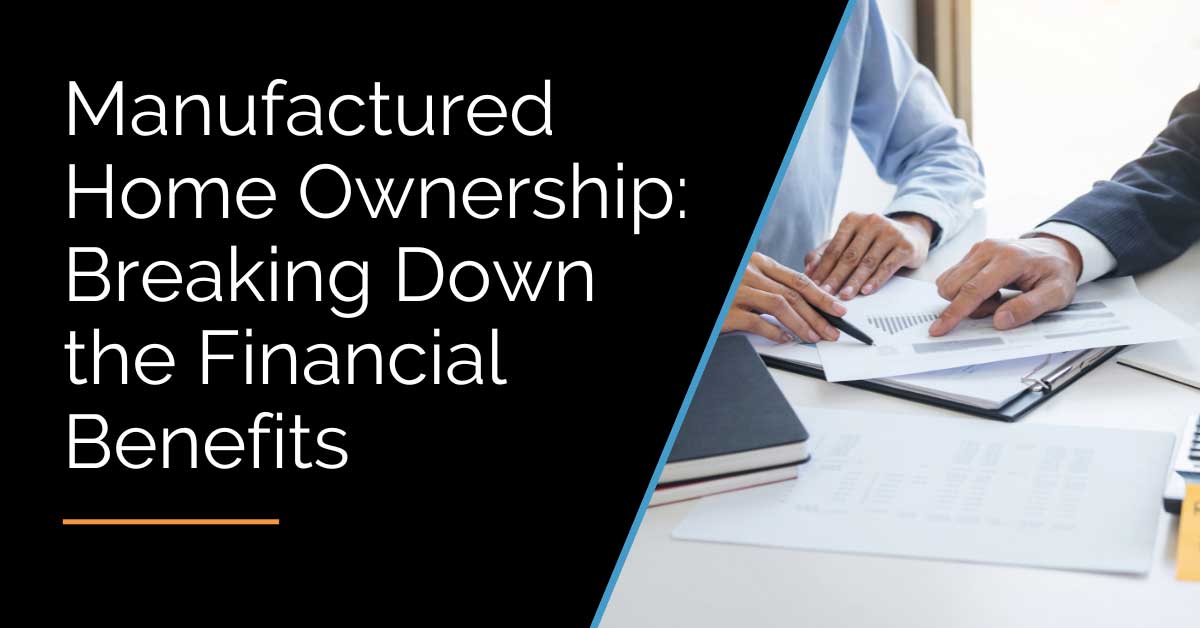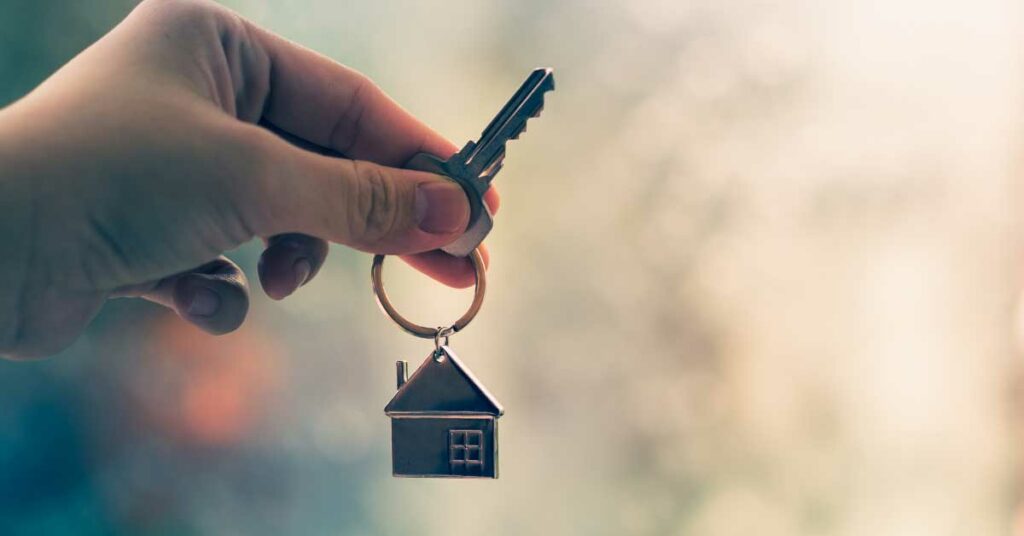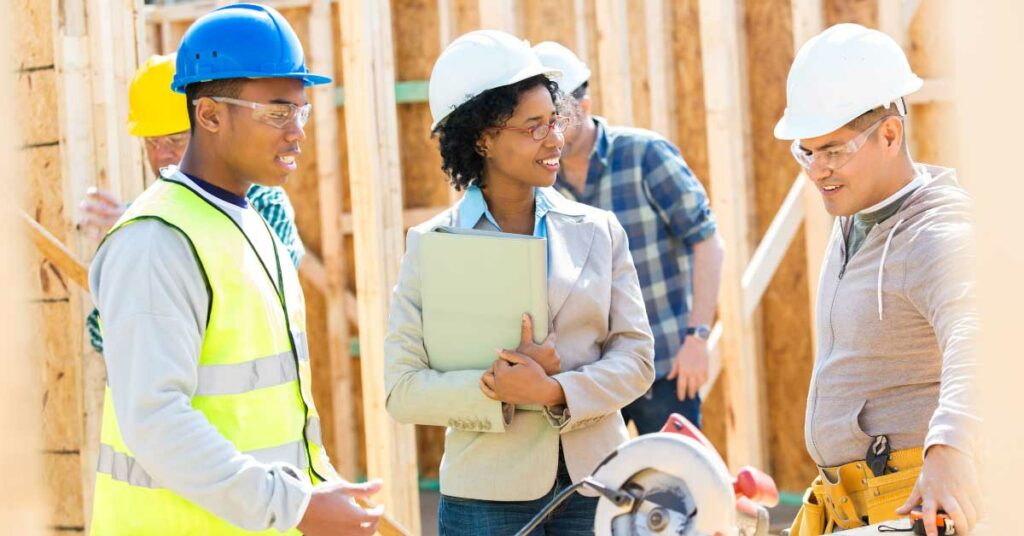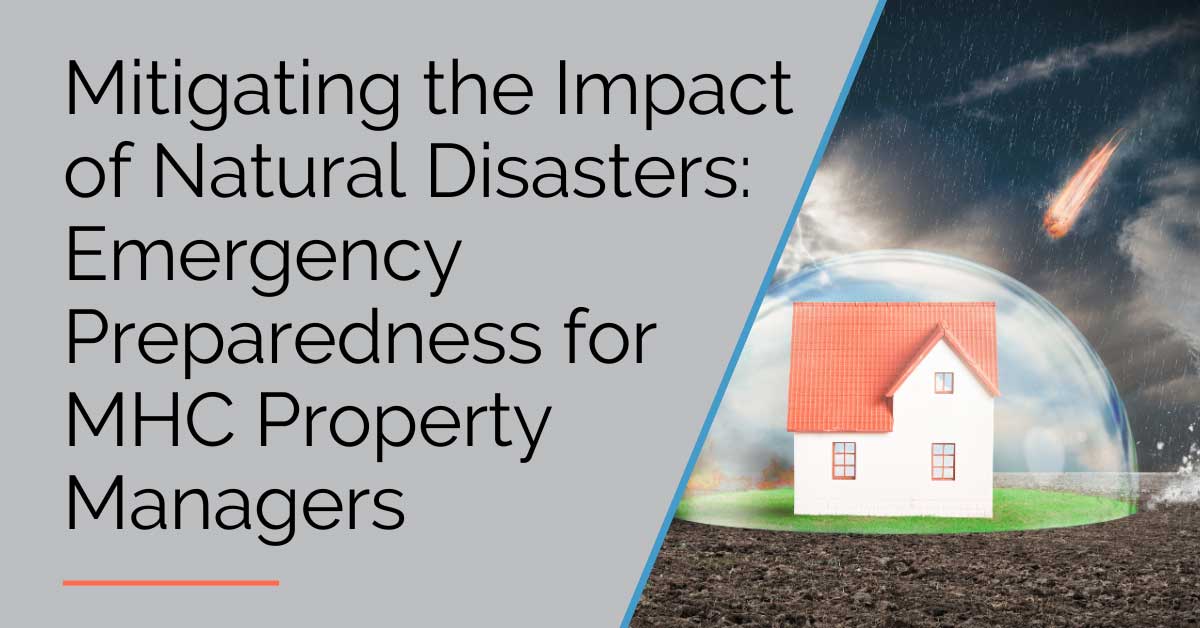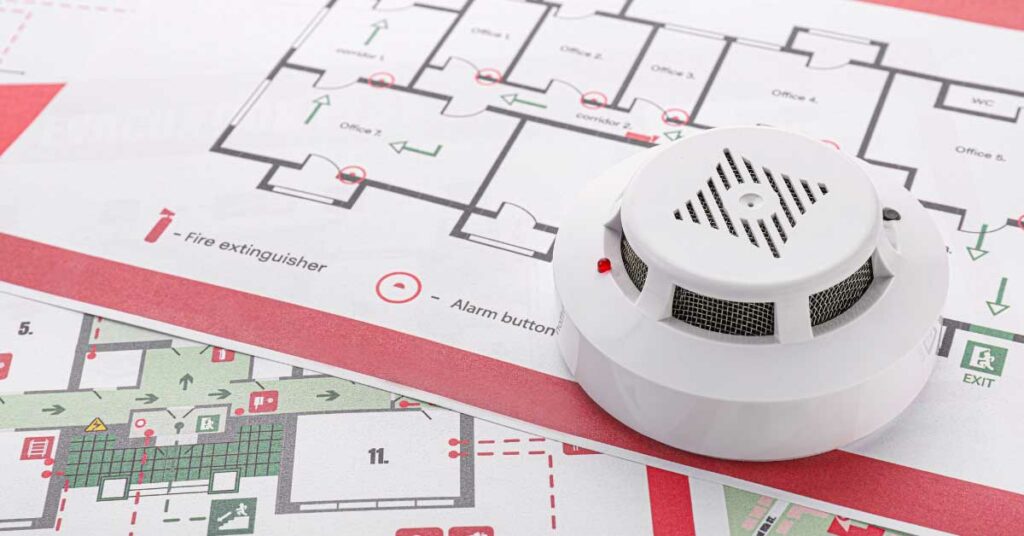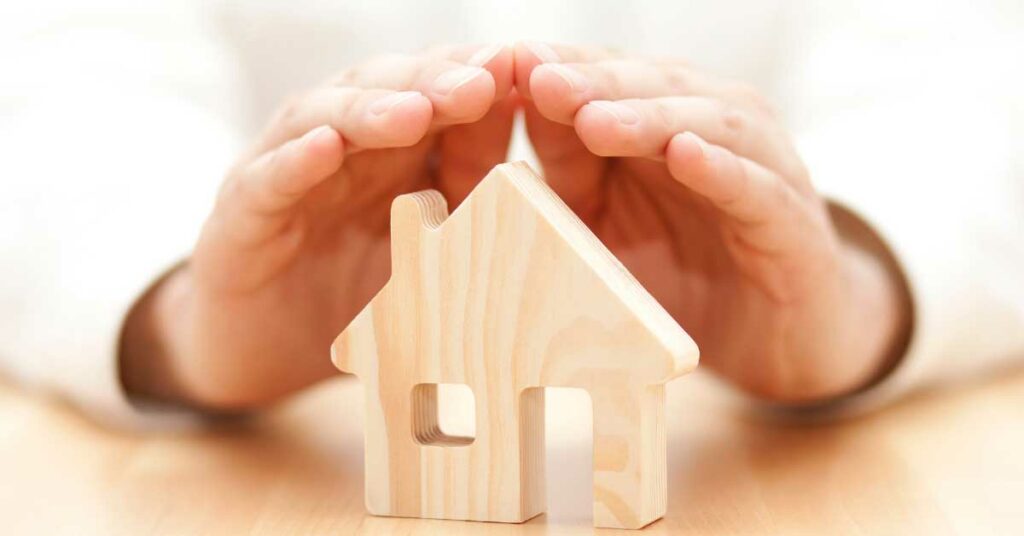Sustainability and Energy Efficiency: Innovative Practices in Manufactured Home Communities
How can you harness the power of sustainability and energy in your MHC? These are more than just buzzwords in today’s housing market.
These aspects have become vital factors in the growth and advancement of Manufactured Home Communities (MHCs).
From reducing environmental impacts to saving money for homeowners, sustainable practices offer countless benefits.
This blog post explores innovative practices in MHCs that are setting new standards for sustainability and energy efficiency.

Harnessing Solar Energy
One of the most significant advancements in MHC sustainability is the use of solar energy.
By installing solar panels on community buildings or individual homes, communities can significantly reduce their reliance on grid electricity. This not only reduces the community’s carbon footprint but can also save homeowners money on their energy bills.
Some MHCs even offer solar panel leasing programs, making this renewable energy source accessible to more residents.
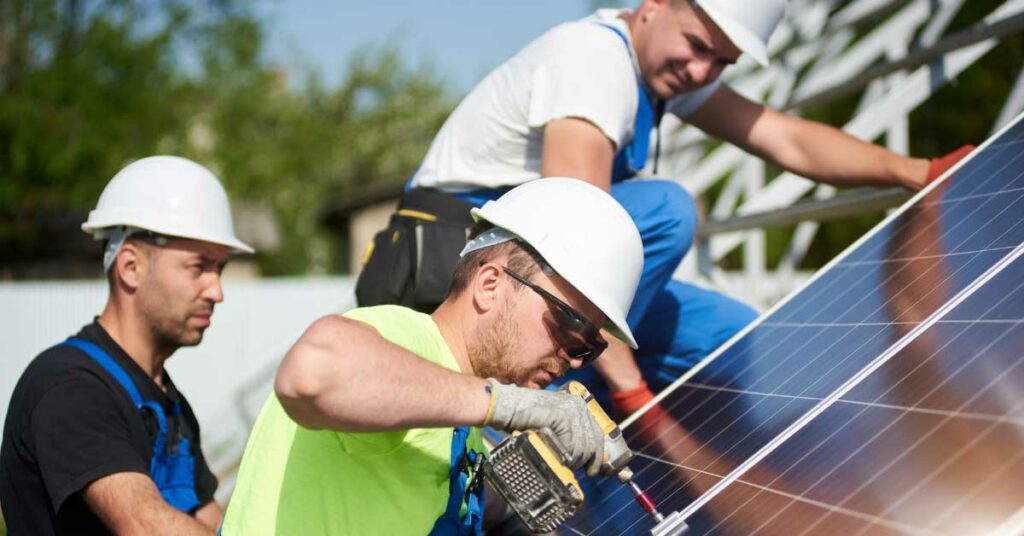
Energy-Efficient Manufactured Homes
New manufactured homes are being built to high energy efficiency standards, including better insulation, energy-efficient appliances, and low-energy lighting.
These homes can use up to 30% less energy than traditional site-built homes, making them a more sustainable housing option.
For existing homes, retrofitting can also improve energy efficiency and sustainability.
Smart Home Technology
Smart home technology is a game-changer when it comes to energy efficiency.
Devices like programmable thermostats, smart lighting, and energy monitors can significantly reduce a home’s energy usage.
Some communities are even incorporating smart home technology into new homes and offering retrofitting options for existing homes.
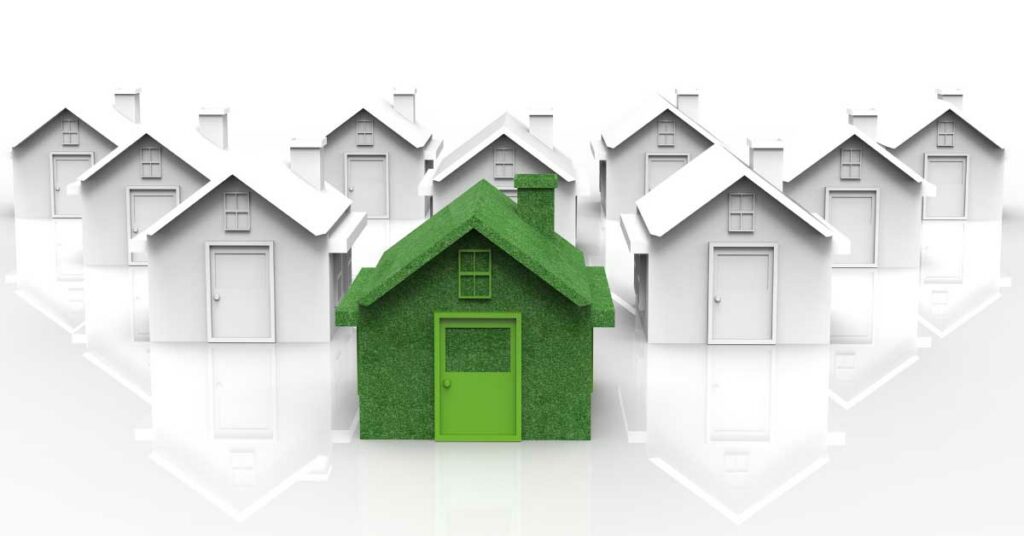
Water Conservation
Water conservation is another essential aspect of sustainability in MHCs.
Low-flow fixtures, efficient irrigation systems, and rainwater collection systems can all help to reduce water usage in the community.
Additionally, educating residents about water conservation can lead to significant water savings.
Sustainable Landscaping
Sustainable landscaping practices, such as xeriscaping and native plantings, can reduce water usage and promote local biodiversity.
These practices also reduce the need for chemical fertilizers and pesticides, further lessening the community’s environmental impact.

Green Building Materials
In the construction of new homes and community buildings, the use of green building materials can significantly increase sustainability.
This could include using recycled or renewable materials, low VOC (volatile organic compounds) products, and materials sourced from sustainable forestry practices.
Waste Management
Effective waste management is another area where MHCs can enhance their sustainability.
This might include offering recycling and composting facilities, encouraging residents to reduce their waste, and working with waste management companies that prioritize recycling and landfill diversion.
Community Education
Last but not least, educating residents about sustainable living practices can have a significant impact.
Offering workshops, resources, and incentives for sustainable practices can help residents to reduce their own environmental footprints and contribute to the overall sustainability of the community.

Final Thoughts
Sustainability and energy efficiency are not just trends but necessary changes for the future of housing.
By embracing these innovative practices, Manufactured Home Communities can lead the way in sustainable housing. Not only can these practices reduce environmental impacts, but they can also offer financial benefits for homeowners, making sustainable living an affordable reality for many more people.
As we continue to face the challenges of climate change, the importance of sustainable and energy-efficient housing will only grow, making now the perfect time to embrace these practices in MHCs.
About the Author
Anequim specializes in connecting Property Managers with highly skilled, bilingual virtual assistants.
From leasing calls to property maintenance coordination and accounting, Anequim’s comprehensive services are crafted to meet the unique demands of the MHC industry.
Anequim handles recruitment, learning and development, performance management, and more, ensuring a seamless integration of virtual support tailored to your property management needs.
Looking to enhance your property management services with a dedicated team of Remote Professionals? Visit Anequim today and discover how they can drive success for your community.

